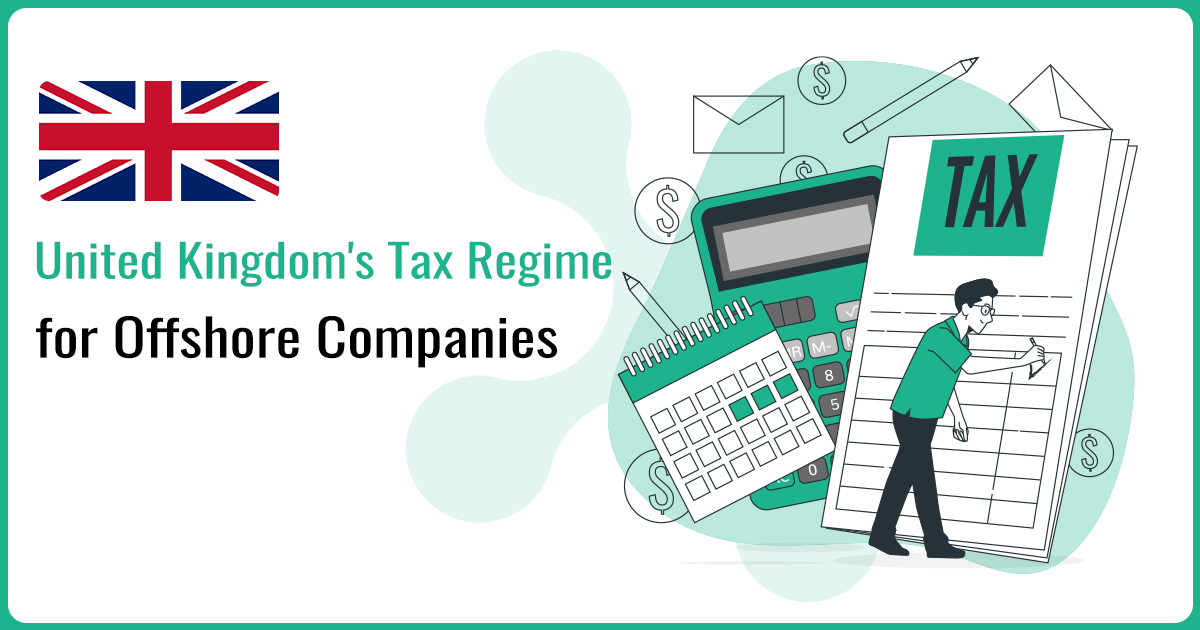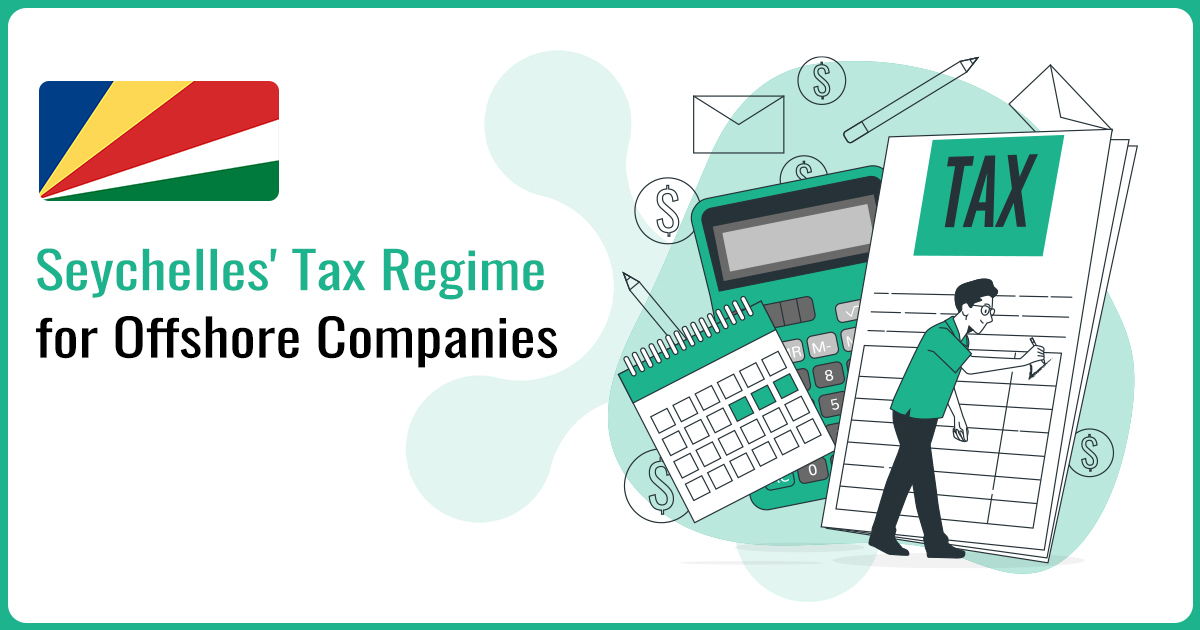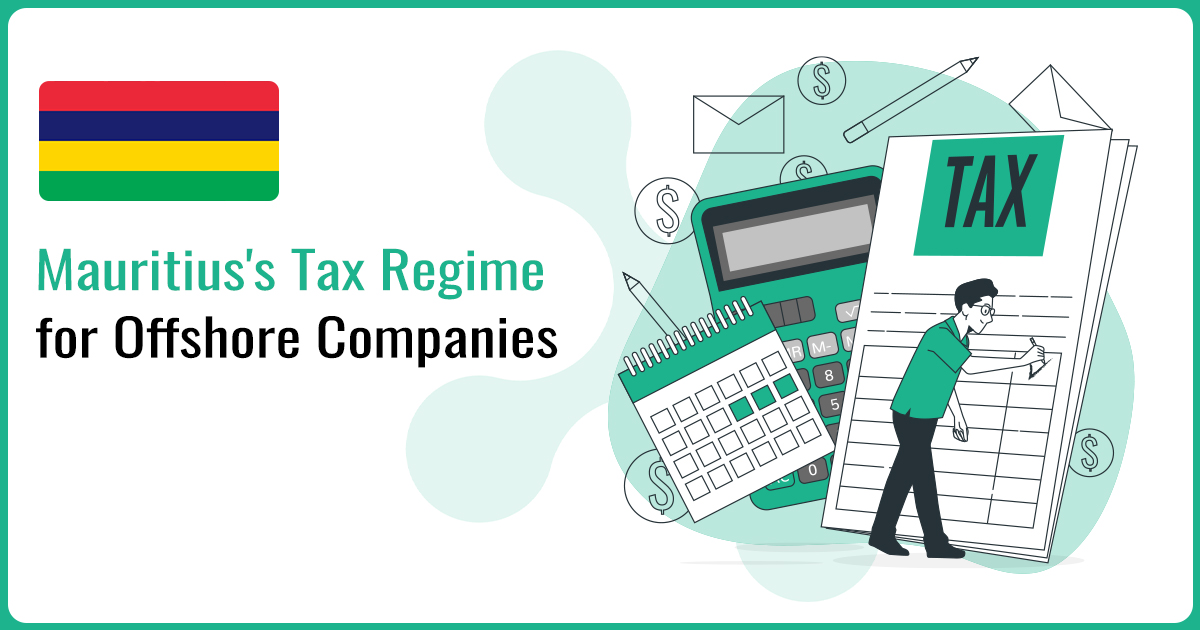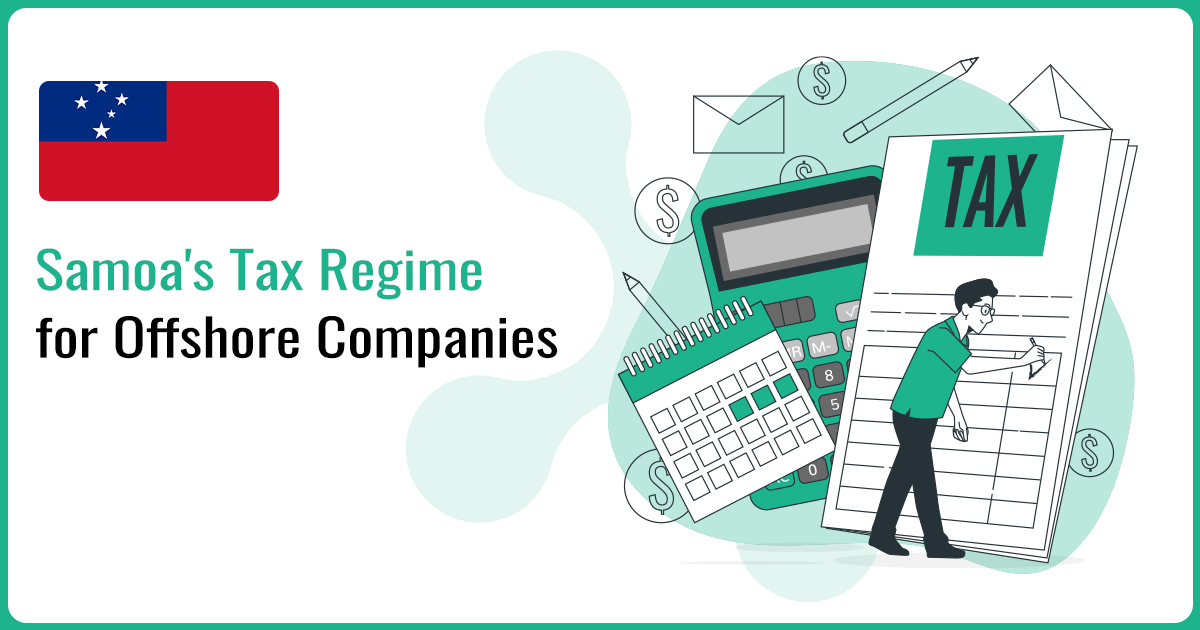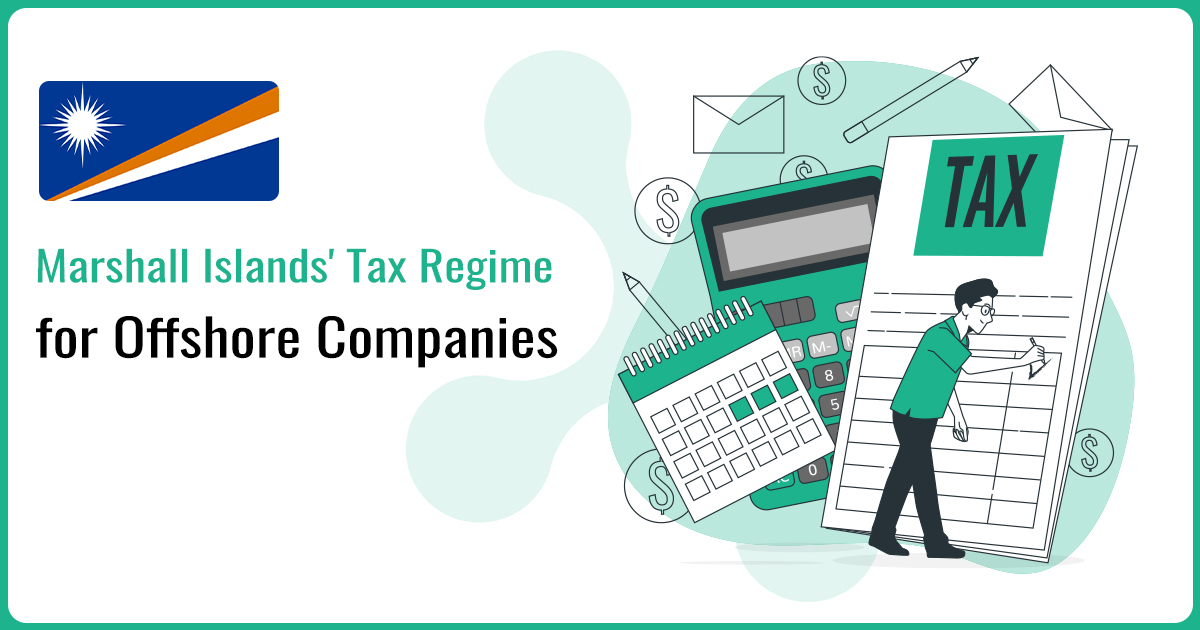Delaware is one of the most popular jurisdictions in the United States for business incorporation, especially for companies looking to benefit from its favorable tax environment and business-friendly laws. While not an “offshore” jurisdiction in the traditional sense, Delaware’s tax regime offers significant advantages for companies, particularly those with international operations. This article outlines the key aspects of Delaware’s tax regime for companies, focusing on the relevant laws.
No State Corporate Income Tax on Out-of-State Income: Delaware General Corporation Law (DGCL)
Under the Delaware General Corporation Law (DGCL), Delaware does not impose state corporate income tax on corporations that are incorporated in Delaware but do not conduct business within the state. This means that income earned outside of Delaware is not subject to Delaware state corporate income tax. This provision is particularly attractive for companies that operate primarily in other states or internationally, as it allows them to avoid double taxation at the state level.
No Sales Tax: Delaware Sales and Use Tax Law
Delaware is one of the few states in the U.S. that does not impose a sales tax. This exemption applies to goods and services sold within the state. For companies incorporated in Delaware, this means that they are not subject to sales tax on transactions conducted within the state, providing a cost-saving advantage. Although this may not directly affect companies operating outside Delaware, it does contribute to the state’s overall business-friendly environment.
No Value-Added Tax (VAT): Federal and State Tax Structure
The United States, including Delaware, does not impose a Value-Added Tax (VAT) on goods and services. This is a significant advantage for companies, as it simplifies the tax structure and reduces the administrative burden associated with VAT compliance, which is common in many other jurisdictions worldwide.
Flexible Corporate Structure: Delaware General Corporation Law (DGCL)
Delaware’s corporate laws are among the most flexible in the United States, allowing for various corporate structures that can be tailored to the needs of different businesses. The Delaware General Corporation Law (DGCL) allows for the creation of C-Corporations, S-Corporations, and Limited Liability Companies (LLCs), each with its own tax treatment and advantages. This flexibility is one of the reasons why many large multinational companies choose to incorporate in Delaware.
No Personal Income Tax for Non-Residents: Delaware Personal Income Tax Law
For individuals who are shareholders of a Delaware corporation but are not residents of Delaware, the state does not impose personal income tax on dividends or income earned from the corporation. This is a significant advantage for non-resident investors, as it allows them to receive income from their Delaware-incorporated businesses without being subject to state personal income tax.
Privacy and Confidentiality: Delaware Corporate Privacy Laws
While Delaware does not have specific laws ensuring complete confidentiality like some offshore jurisdictions, it does offer a degree of privacy. The names of directors and officers are required to be disclosed, but shareholders’ names do not have to be publicly filed. This allows for some level of privacy in terms of ownership of the corporation, which can be important for certain types of businesses.
Favorable Court System: Delaware Court of Chancery
The Delaware Court of Chancery is renowned for its expertise in corporate law. This specialized court handles disputes involving Delaware corporations and is known for its business-friendly rulings and efficient resolution of cases. This provides companies incorporated in Delaware with a legal environment that is predictable and supportive of business operations, which is a significant benefit for companies of all sizes.
Conclusion
Delaware’s tax regime, supported by laws such as the Delaware General Corporation Law (DGCL) and the Delaware Personal Income Tax Law, offers a favorable environment for companies, particularly those with international or multi-state operations. The absence of state corporate income tax on out-of-state income, no sales tax, and flexible corporate structures make Delaware an attractive jurisdiction for incorporation. While it is not an offshore jurisdiction in the traditional sense, Delaware’s business-friendly legal framework and tax policies provide substantial benefits for companies looking to optimize their tax liabilities and maintain a flexible, efficient corporate structure.



